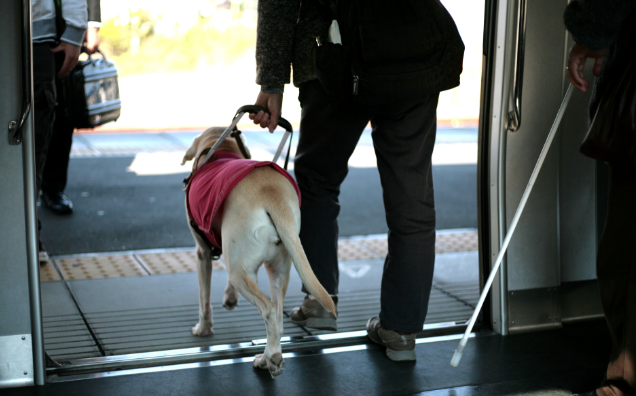- TOP >
- Efforts of Try Sports Club
Efforts of Try Sports Club 2-18-12 Honan, Suginami-ku, Tokyo
Efforts to increase the interest of parents with children who are not understood by those around them due to their unique approaches and behavioral patterns in going out
Have you heard of the impairments known as developmental disorders? I'm sure some people have heard of Asperger syndrome and attention deficit hyperactivity disorder. These are included in the extremely diverse category of developmental disorders. Few people are aware of these characteristics or of the fact that such disorders are due to brain function impairments, so parents of children with developmental disorders are subjected to thoughtless remarks by those around them about how undisciplined the children are as well as cold looks. Some of these parents therefore hesitate to go out with their children. The children end up getting similarly hurt as well. Representative Mitsunobu Matsuyama and Deputy Representative Aki Hiyama, who run Try Sports Club—a facility that accepts such children without discrimination and helps encourage their social involvement through sports—talked to us about their efforts.
We were originally in charge of preschool physical education classes
Try Sports Club started out as physical education classes that we taught at preschools in Nakano and Suginami. Even then, there were several children in the classes who didn't listen, were restless, or were not any good at exercising.
Although it was not defined at the time, developmental disorders include a category called developmental coordination disorder. This disorder is characterized by an impaired ability to perform actions that require movement coordination, which results in extreme clumsiness and poor balance, so the characteristics of children with the disorder include a lack of sports ability, a tendency to work slowly, and a lack of proficiency at writing and drawing. Such children wonder why they struggle so much compared to other children. As a result, some of them lose their self-confidence and stop trying to do things with everyone else.
To help prevent such children from losing their self-confidence, we independently developed a sports program that enables children to spend a year learning to perform the same kinds of actions as everyone else.
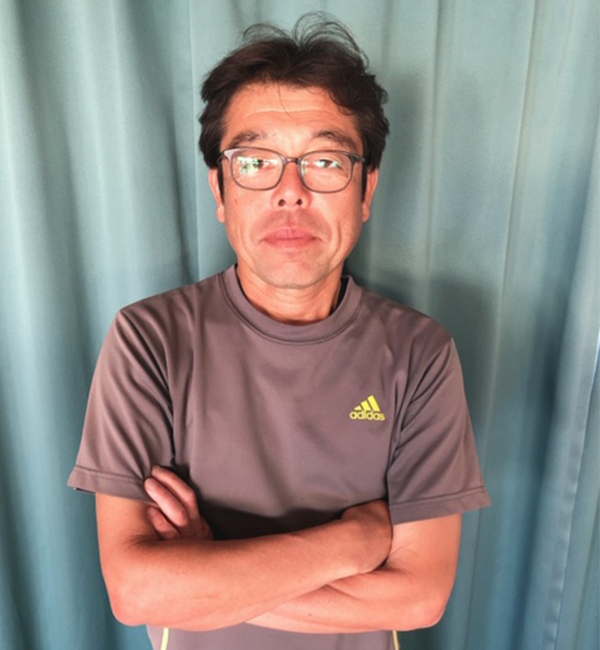
Responding to the needs of parents to have us watch their children after preschool graduation as well
Once children become elementary school students, their living environments change significantly, the relative gap between them and their peers widens, and—possibly due to increased sensitivity—characteristics that weren't problems in preschool become serious issues after starting elementary school.
Such children might not listen to what they're told, or they might lack the ability to hold still, continuously do dangerous things, or yell regardless of their location. The list goes on and on.
When parents go out with such children, they are sometimes told to do something about their kids or criticized for their lack of parenting ability. As a result, such parents aren't sure what to do, and they sometimes stop going out with their children to avoid causing trouble for those around them.
This led to these parents expressing a need for extracurricular classes even once per week due to their children listening to the instructors, so we ended up starting a soccer class and calling it Try Sports Club.
We accept any kind of children, including those who are refused membership elsewhere as well as those who have physical impairments, weak eyesight, or face other challenges.
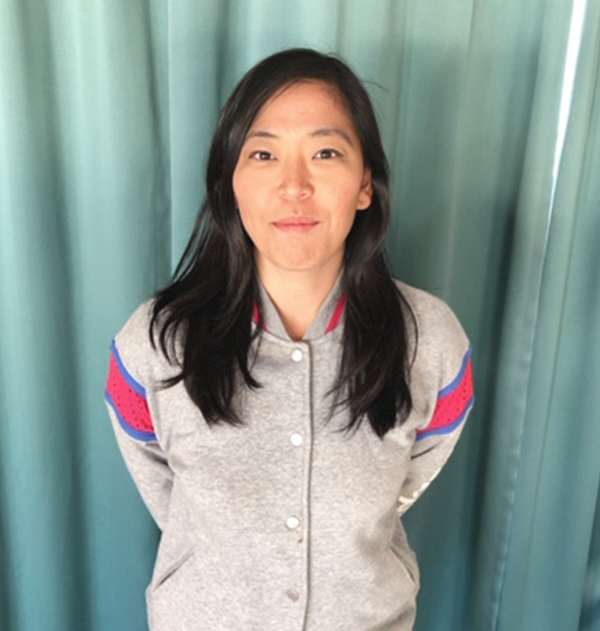
This also leads to a respite (a break) for parents
Some children also go to after-school centers, so we decided to borrow an elementary-school gymnasium every Wednesday from 4:00 to 6:30 pm for our activities. One advantage of using a gymnasium is that it is not affected by the weather, which prevents sudden changes and makes it easier for parents to make plans.
Our classes end at 6:30 pm, and, as a couple examples, parents have told us that they used their time alone to go to a beauty salon for the first time in a while or to relax and enjoy a movie. Two and a half hours is enough time to do plenty of interesting things, which seems to increase the interest of parents in going out.
We suspect that our efforts, which give parents the chance to go out without hesitation and take a break, could lead to accessible tourism as well.
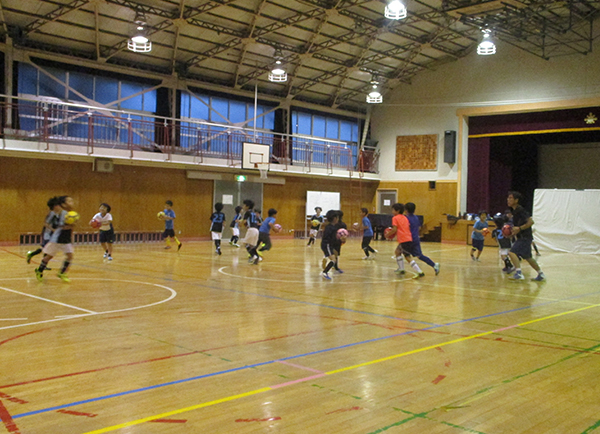
Learning what the words "developmental disorder" really mean
In recent years, developmental disorders have been defined, and many children we have worked with sprang to mind, so we went to workshops, etc. to work on obtaining support qualifications, but this seemed somehow wrong in various ways, so we decided that we'd be better off continuing to give guidance in our own way instead of picking up superfluous knowledge that could lead to prejudice.
At our club, we have consistently praised kids when they succeed and taught them to follow the rules.
Our club also offers a soccer training camp and day trips that include accommodations as well as community events. Parents are not allowed to accompany their children to the training camp. Instead, we have the children handle the luggage packing and every other daily-life related task that parents would normally try to help them with. In the case of children who can't handle their own packing, we look at a handbook and offer them advice—including reminding them to pack their underwear and telling them what should be put in a plastic bag before packing—but we watch over them until they do everything on their own and do not physically help. By showing them that they can do things on their own, we help give them self-confidence, and we are always secretly satisfied when we see them helping out their friends and underclassmen.
We are committed to continuing to strive to give children who struggle to live as members of society the ability to achieve social involvement through our club.
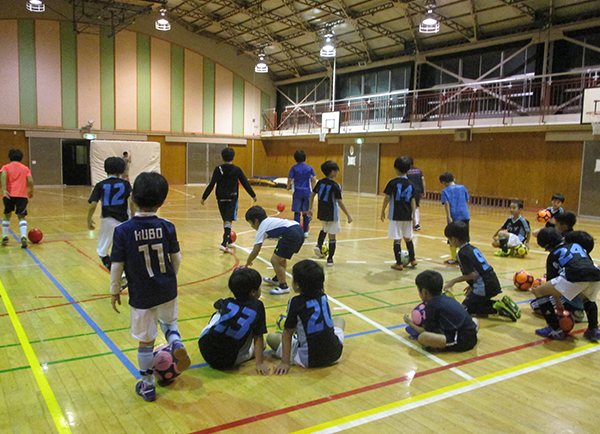
 social media accounts
social media accounts
Tokyo, a city that is accessible everywhere to anyone.
Sightseeing where you wish, as you wish.
This ability to travel anywhere you please makes life that much richer.
Tokyo welcomes your visit.
Here you can encounter tradition,
history, culture, nature, technology,
and, best of all, smiling faces.
Making tourism closer and more
enjoyable through accessible tourism.




